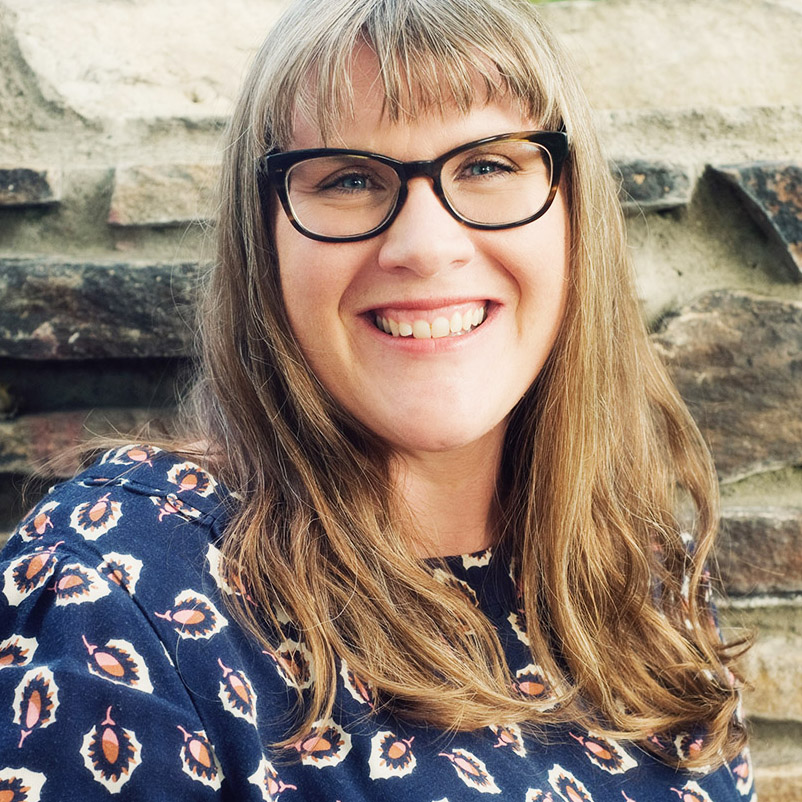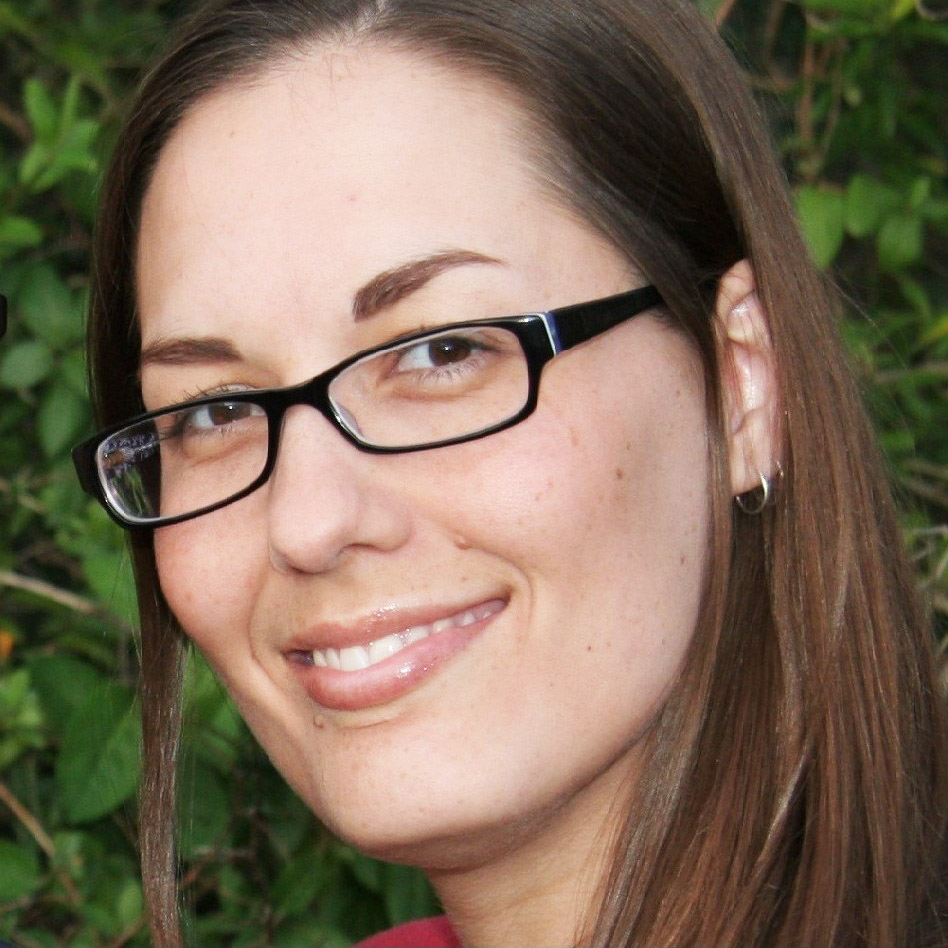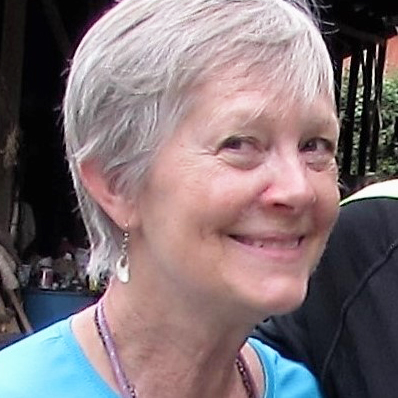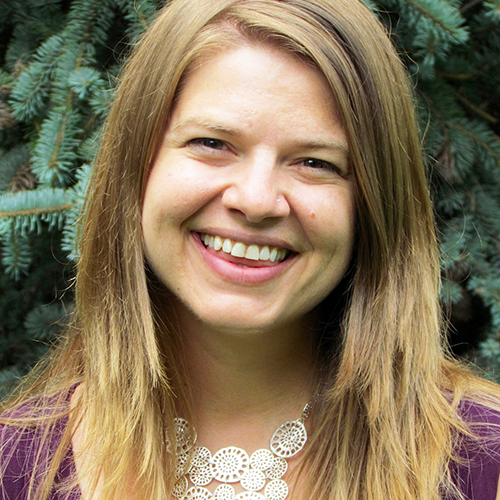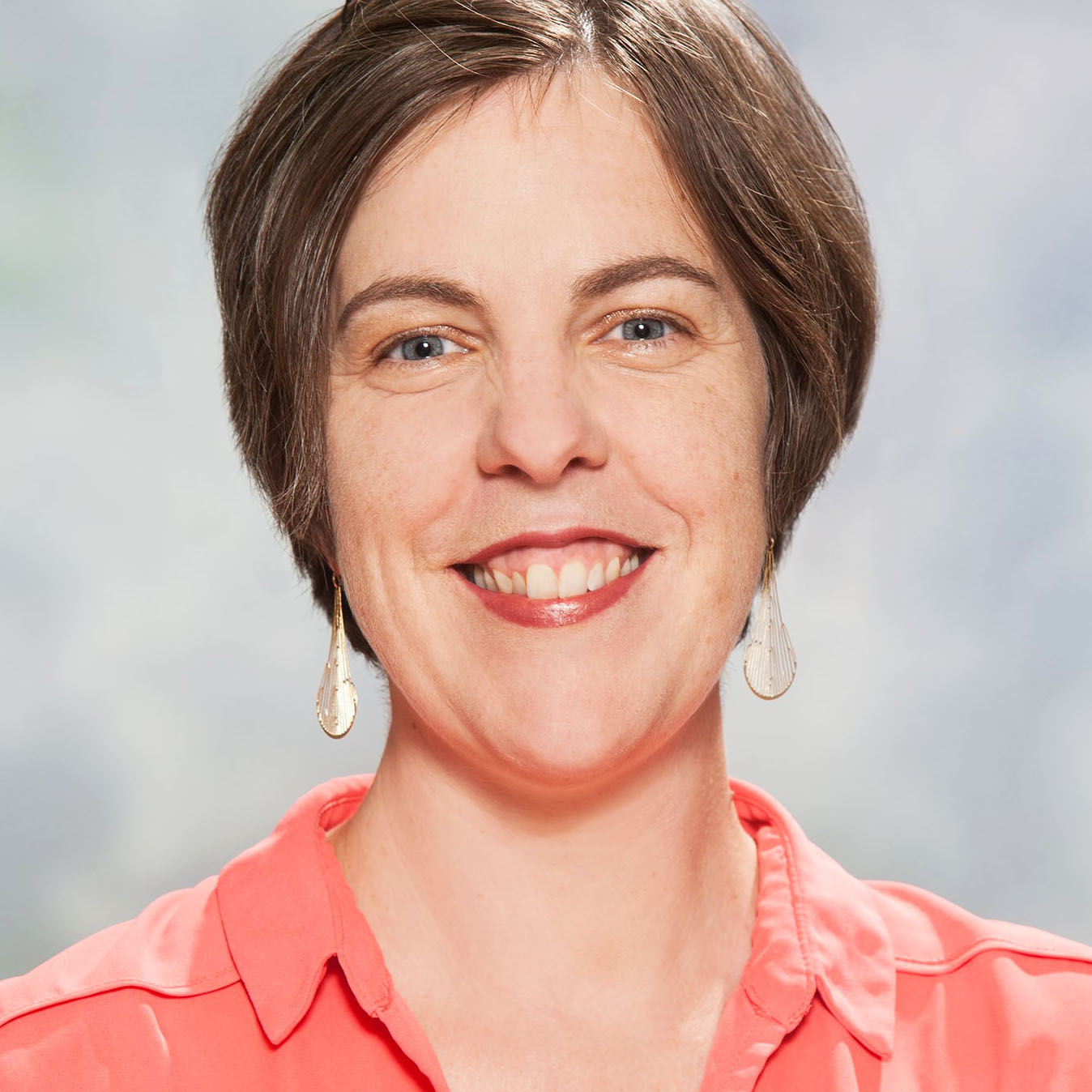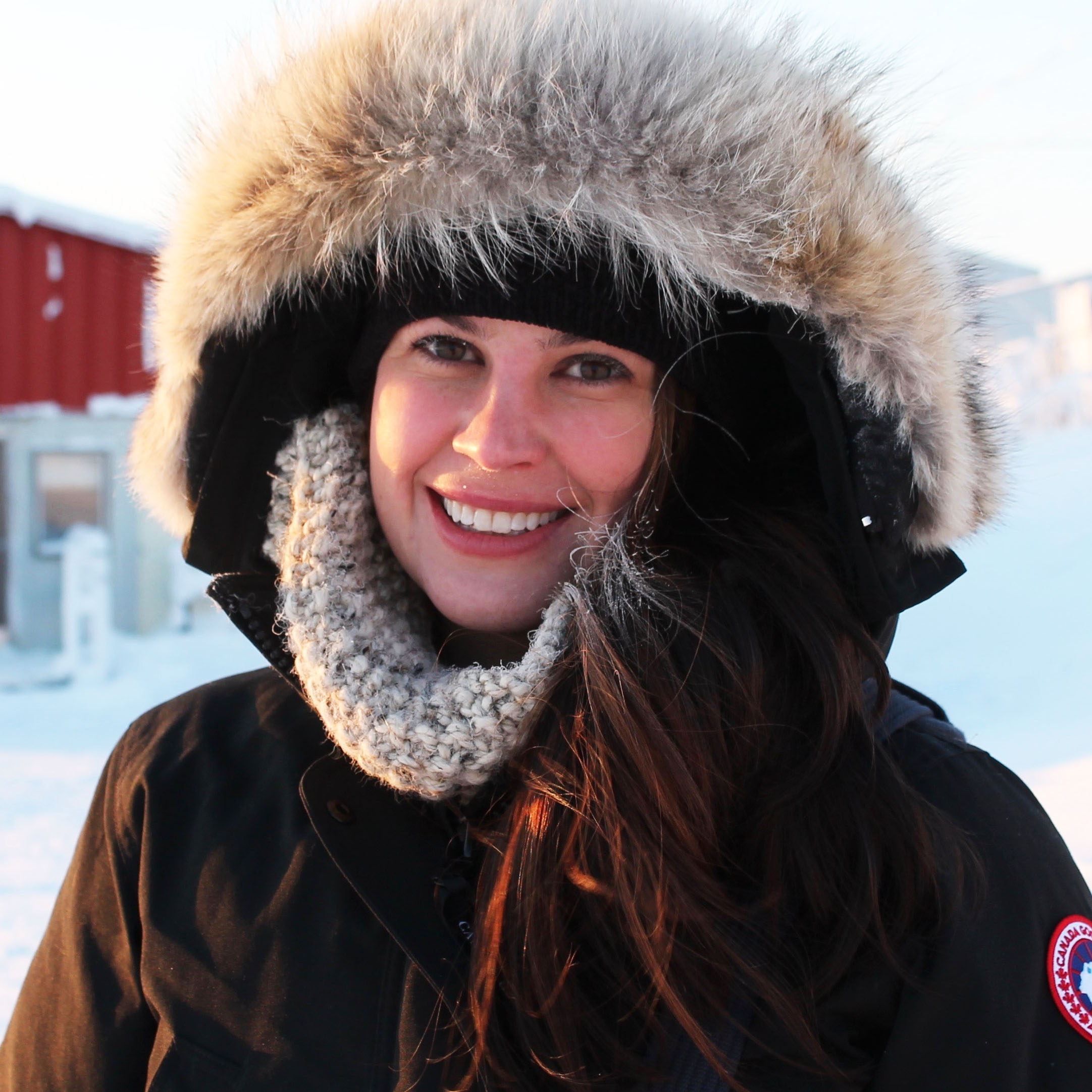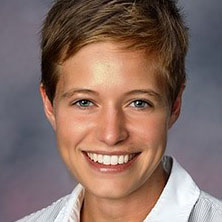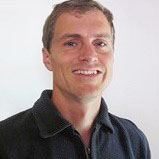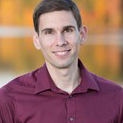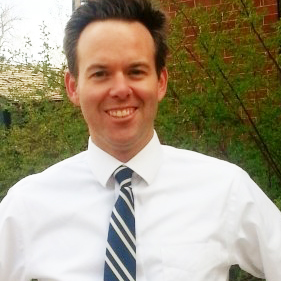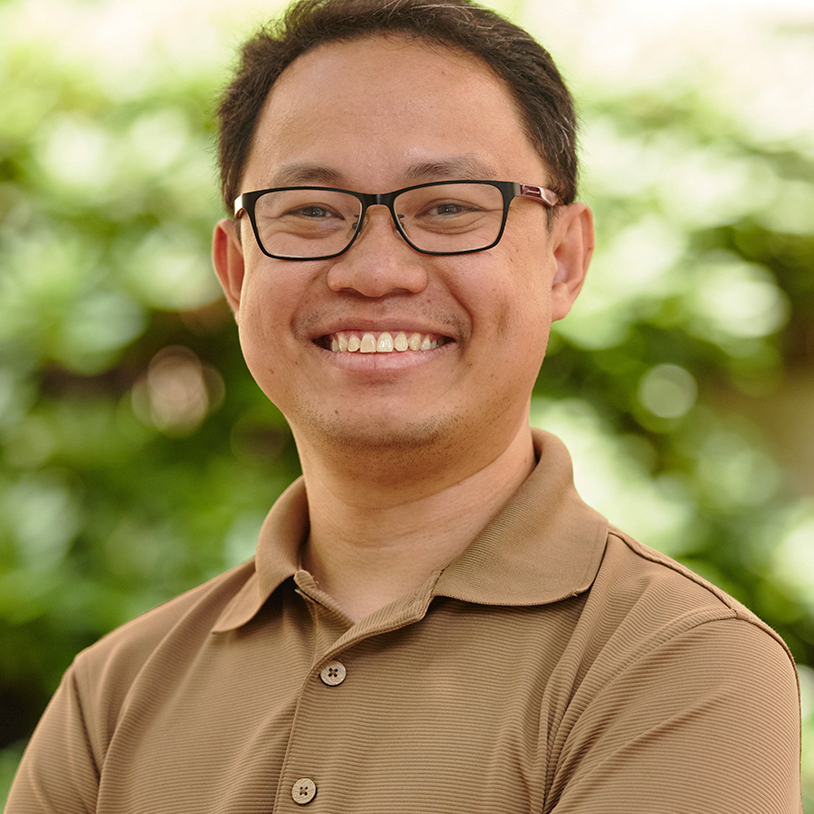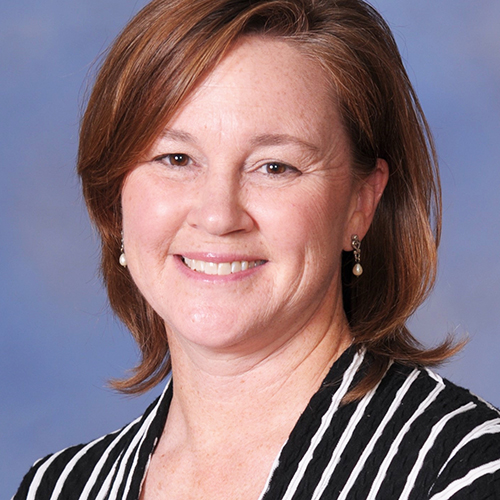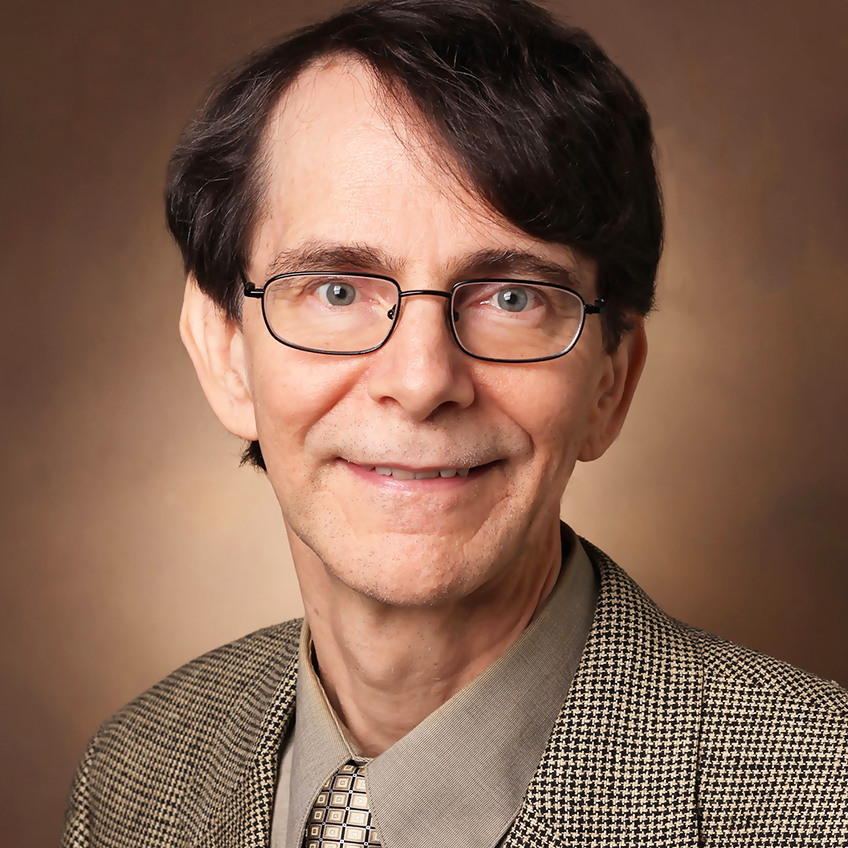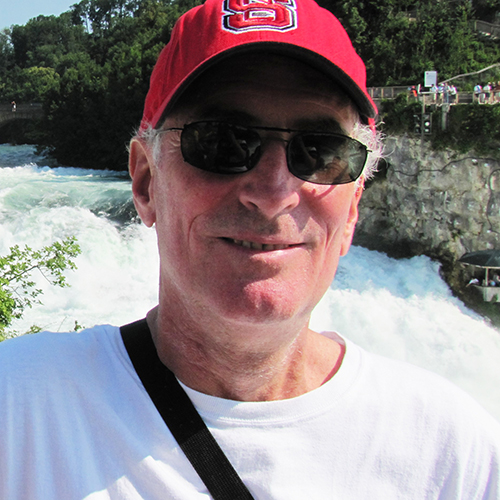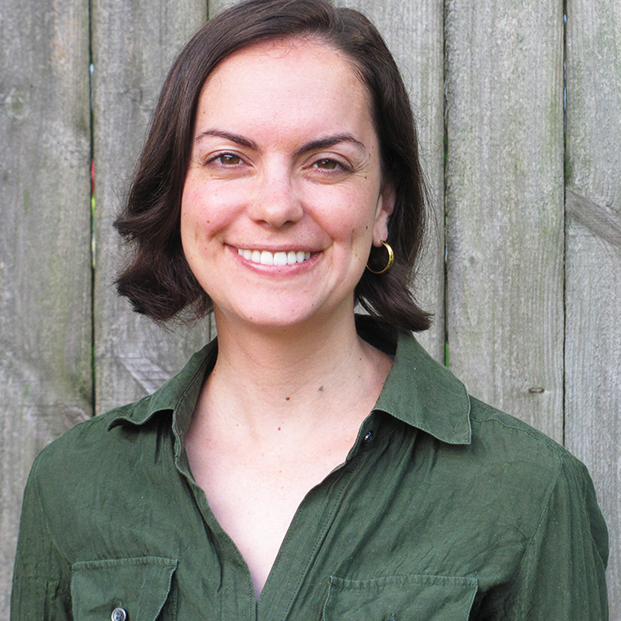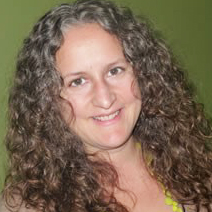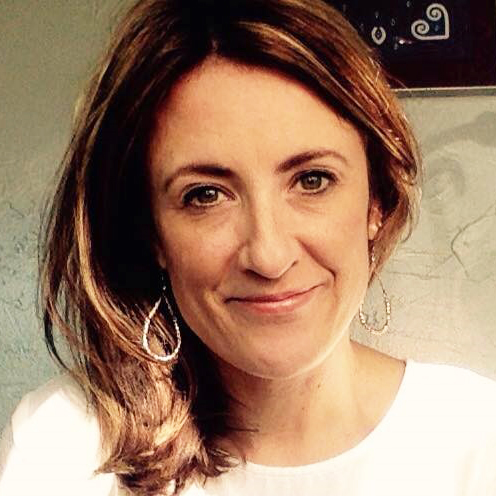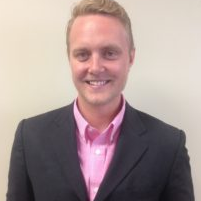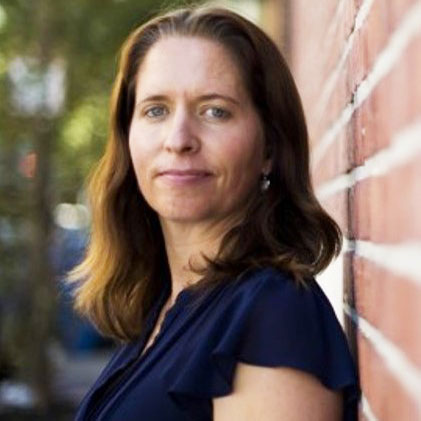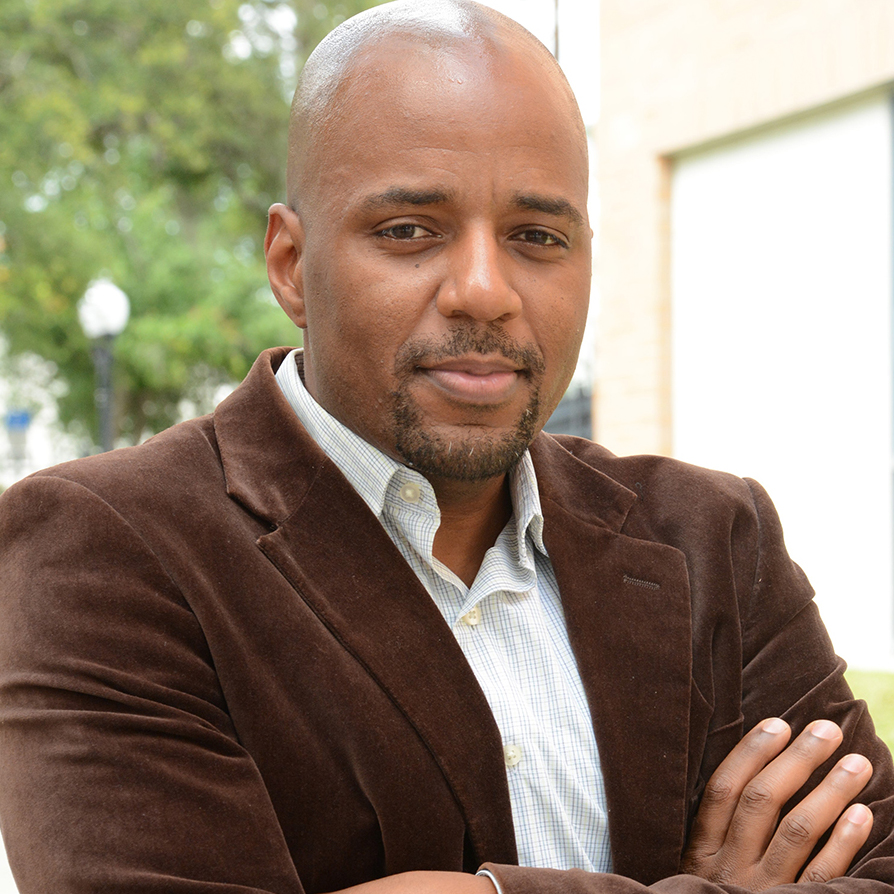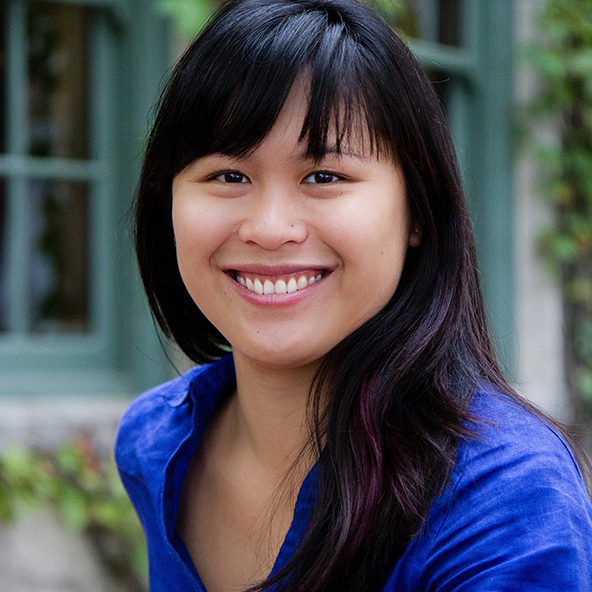2017 Symposium Participants
Co-Organizers
Plenary Participants
Danielle Endres
Danielle Endres is the Director of the Communication Institute, Associate Professor of Communication, and affiliate faculty in the Environmental Humanities Program and Global Change and Sustainability Center at the University of Utah. Danielle Endres’s research examines environmental, science, and social justice controversies using both conventional rhetorical theory/criticism and rhetorical fieldwork. She has two current lines of research: examining of the rhetorical dynamics of nuclear controversies; and studying emerging forms of energy communication and energy democracy. Endres’ recent co-authored essay identifies a new research agenda for the subfield of energy communication (Endres, Cozen, Barnett, O’Byrne, & Peterson, 2016). Endres brings expertise on rhetoric of science and environmental controversies, with a particular focus on the interaction between scientific and technical arguments and cultural values in public policy decision-making. She is the co-author of Participatory Critical Rhetoric (Lexington Press, 2015) and co-editor of Social Movement to Address Climate Change (Cambria, 2009) and has published in Quarterly Journal of Speech, Rhetoric & Public Affairs, Communication and Critical Cultural Studies, Western Journal of Communication, Environmental Communication, Argumentation, Argumentation & Advocacy, and Local Environment. The National Science Foundation and several Fellowships from the University of Utah have funded her research.
Andrea Feldpausch-Parker
Feldpausch-Parker is an Assistant Professor of Environmental Communication at the State University of New York College of Environmental Science and Forestry (SUNY ESF) in the Department of Environmental Studies. She is also the Area of Study Leader for two areas in the Graduate Program in Environmental Science at SUNY ESF: (1) Environmental Communication and Participatory Processes, and (2) Human Dimensions of the Environment. Dr. Feldpausch-Parker holds dual BS degrees in Fisheries and Wildlife and Environmental Biology/Zoology from Michigan State University, a MS and PhD in Wildlife and Fisheries Sciences with an environmental communication and education focus from Texas A&M University, and was a postdoctoral fellow in environmental and science communication at Texas A&M University. Her research program is centered on communication and environmental decision-making with an interest in natural resources and environmental conservation involving communication, cooperative learning and democratic processes among scientists, policy-makers, industry and impacted communities. Dr. Feldpausch-Parker’s current focus is on energy as it relates to climate change mitigation and adaptation strategies, though her interests extend out to related issues (e.g. wildlife and natural resources management and policy and environmental social movements/campaigns).
Tarla Rai Peterson
Feldpausch-Parker is an Assistant Professor of Environmental Communication at the State University of New York College of Environmental Science and Forestry (SUNY ESF) in the Department of Environmental Studies. She is also the Area of Study Leader for two areas in the Graduate Program in Environmental Science at SUNY ESF: (1) Environmental Communication and Participatory Processes, and (2) Human Dimensions of the Environment. Dr. Feldpausch-Parker holds dual BS degrees in Fisheries and Wildlife and Environmental Biology/Zoology from Michigan State University, a MS and PhD in Wildlife and Fisheries Sciences with an environmental communication and education focus from Texas A&M University, and was a postdoctoral fellow in environmental and science communication at Texas A&M University. Her research program is centered on communication and environmental decision-making with an interest in natural resources and environmental conservation involving communication, cooperative learning and democratic processes among scientists, policy-makers, industry and impacted communities. Dr. Feldpausch-Parker’s current focus is on energy as it relates to climate change mitigation and adaptation strategies, though her interests extend out to related issues (e.g. wildlife and natural resources management and policy and environmental social movements/campaigns).
Leah Sprain
Leah Sprain (University of Colorado Boulder) is an Assistant Professor of Communication, on the Executive Committee of Boulder Talks, and a member of the Just Transitions Collaborative. Her research program focuses on democratic engagement, studying how specific communication practices facilitate and inhibit democratic action. Outreach and praxis are crucial to democratic engagement thus much of her research is collaborative, funded, and focused on the practice-theory interface. She has published on climate change governance and public participation in energy system transformation.
Elizabeth Baldwin
Elizabeth Baldwin researches energy and environmental policy in the U.S. and internationally. Her primary work focuses on the role that non-state actors play in implementing energy and environmental policies, the way that laws and legal rules structure stakeholder involvement, and the degree to which such stakeholder involvement affects policy outcomes. One of her current research projects examines the role of nonprofits, community organizations, and the public in shaping U.S. states’ approaches to energy efficiency and renewable energy policies. She also has ongoing research projects evaluating nonstate approaches to electricity provision in sub-Saharan Africa and examining public participation and intergovernmental cooperation in environmental laws along the U.S.-Mexico border.
Baldwin is an Assistant Professor at Arizona University’s School of Government and
Public
Policy. She earned her Ph.D. in 2015 from the School of Public and Environmental Affairs
at Indiana University-Bloomington, where she was a research assistant at the Ostrom Workshop
on Political Theory and Policy Analysis. She also holds a J.D. from the Indiana University
Maurer School of Law and a B.S. in Environmental Policy from Unity College.
Amanda Boyd
Amanda Boyd is Assistant Professor in the Edward R. Murrow College of Communication and Affiliated Assistant Professor in the School of the Environment at Washington State University. Her research focuses on examining public perceptions of and communication about energy systems (such as carbon capture and storage, nuclear power plants and hydro-electric projects) and how this impacts support for or opposition to energy systems development and implementation. She conducts interdisciplinary research that draws from her education and experience in communication, environmental sociology and management studies. She completed a graduate specialization in energy and environmental systems and is certified in organizational greenhouse gas accounting. She uses multiple methods, including surveys, interviews, focus groups and content analyses to advance risk communication theory and application. Her research has been funded by Canadian and US federal agencies including the National Institutes of Health, the Canadian Institutes of Health Research (CIHR) and the Natural Sciences and Engineering Research Council of Canada (NSERC). She has published in various interdisciplinary and communication journals such as Public Understanding of Science, International Journal of Greenhouse Gas Control, Energy Policy, Environmental Communication, Journal of Risk Research and Journal of Toxicology and Environmental Health. She is on the executive committee for the Center for Environmental Research, Education, and Outreach (CEREO) and is an affiliated member of the Energy Systems Innovation Center at Washington State University.
Amanda Buday
Amanda Buday is an Assistant Professor of Sociology at Fort Hays State University, in northcentral Kansas. Her research interests include social movements, energy development, and community impacts of natural resource use. Amanda has conducted ethnographic research investigating public perceptions of oil and gas development in Southern Illinois, where she completed her PhD. Her work on leadership and strategic decision-making in grassroots activist groups is forthcoming in Social Currents. In current projects, Amanda is interested in strategies that community organizers are using to assert greater local control over energy development. Amanda spends her free time with her horses, Jerry and Van, and enjoys outdoor activities.
Matthew Burke
Amanda Buday is an Assistant Professor of Sociology at Fort Hays State University, in northcentral Kansas. Her research interests include social movements, energy development, and community impacts of natural resource use. Amanda has conducted ethnographic research investigating public perceptions of oil and gas development in Southern Illinois, where she completed her PhD. Her work on leadership and strategic decision-making in grassroots activist groups is forthcoming in Social Currents. In current projects, Amanda is interested in strategies that community organizers are using to assert greater local control over energy development. Amanda spends her free time with her horses, Jerry and Van, and enjoys outdoor activities.
Christopher Clarke
Christopher Clarke’s research interests center on health and environmental risk communication. In the context of energy, he has focused on public perception of unconventional oil/natural gas development; factors that influence those perceptions; and implications for effective risk communication. He has received financial support from the National Science Foundation and published his work in journals such as Energy Policy, Energy Research & Social Science, and the European Journal of Risk Regulation. He also continues to collaborate with scholars from Cornell University, Oregon State University, Ohio State University, Cardiff University, and the University of Michigan.
Josh Craft
Josh is the lead for government and legislative outreach and corporate affairs for Utah Clean Energy. Josh comes to Utah Clean Energy from Boston, MA, where he headed energy and climate change policy for the Environmental League of Massachusetts, and helped pass a major renewable energy procurement bill that included one of the nation’s largest procurements of offshore wind energy. Josh has spent nearly a decade working at the intersection of state politics and energy and utilities regulation. A native of Gettysburg, Pennsylvania, Josh holds a B.A. in History from Davidson College and an M.S. in Law and Public Policy from Northeastern University. When Josh isn’t working on energy policy matters, he enjoys getting to know Utah’s beautiful outdoors, reading about American history, and spending time with his wife and daughter as she attempts to pet every dog in Salt Lake City.
Laurence Delina
Laurence Delina is a Rachel Carson Fellow, a postdoctoral associate at the Frederick S. Pardee Center for the Study of the Longer-Range Future at Boston University, and an Earth System Governance Fellow. Delina has published on the governance and institutional arrangements in the politics and policy of sustainability, focusing on sustainable energy transitions, rapid climate mitigation, the climate action movement, climate finance, and sustainable energy in developing countries. His recent book Strategies for Rapid Climate Mitigation (Routledge 2016) investigates what can be learned from wartime mobilization to facilitate rapid deployment of sustainable energy technologies for effective climate action. He is currently working on two book projects: Sustainable Energy Transitions in Developing Countries (coming out from Routledge in 2017), and Stewarding the Earth. His research project at Boston University called ‘the future of energy in developing countries’ will be producing a special issue on ‘energy futures’ at Energy Research & Social Science, chapters in a United Nations report on accelerated energy transitions, and papers on energy democracy, energy socio technical imaginaries, and polycentric governance. Delina has worked with Land Bank of the Philippines, Institute for Global Environmental Strategies and the United Nations. He was twice a visiting fellow at the Science, Technology and Society Program at Harvard Kennedy School. Delina received his degrees from universities in the Philippines, New Zealand, and Australia.
Cristi Horton
Dr. Cristi C. Horton is an Assistant Professor at Tarleton State University. Currently, she collaborates with two research teams from The University of Texas-El Paso and the University of Utah on an NSF funded project to examine scientists and engineers discussions on the challenges and opportunities of low-carbon energy technology research and development,particularly wind energy technology. Dr. Horton is a recent Texas A&M University graduate with a PhD in Wildlife & Fisheries Sciences and has a research interest in understanding how communication, policy and democratic process interconnect and impact policy options that contribute to sustainability.
David Hess
David J. Hess is a professor in the Sociology Department at Vanderbilt University, where he holds the James Thornton Fant Chair in Sustainability Studies. He is Associate Director of the Vanderbilt Institute for Energy and Environment, Director of Environmental and Sustainability Studies, and Director of Undergraduate Studies for the Sociology Department. His research and teaching is on societal and policy dimensions of science, technology, health, and the environment. He is the recipient of the RobertK. Merton Prize, the Diana Forsythe Prize, the Star-Nelkin Prize (shared with coauthors), the William H.Wiley Distinguished Faculty Award, and the General Anthropology Division Prize for Exemplary Cross-Field Scholarship. He has been a Fulbright scholar and the PI and Co-PI on grants from the National Science Foundation, National Institutes of Health, and FIPSE.
William Kinsella
William Kinsella is a Professor of Communication at North Carolina State University. His research and teaching address the overlapping areas of environmental and energy communication, organizational and institutional communication, rhetoric of science and technology, and rhetoric of public policy. He views these areas through an interpretive perspective based in critical theory, phenomenology, rhetoric, and discourse studies. His work on nuclear energy communication has encompassed the areas of nuclear fusion, environmental cleanup across the US nuclear weapons complex, and commercial nuclear energy in US and global contexts. His current projects focus on intersections of regulation, governance, practice, and controversy in the field of commercial nuclear energy.
Dr. Kinsella earned a bachelor's degree in physics (Manhattan College), pursued graduate studies in astronomy and physics (New Mexico State University) and worked as a science educator before completing his master's and doctoral degrees in Communication and Information Studies at Rutgers University. He serves as a faculty member in NC State’s interdisciplinary programs in Communication, Rhetoric & Digital Media; Environmental Sciences; Genetic Engineering and Society; and Science, Technology & Society (STS), and directed the STS program from 2009-2014. During 2010 he was a U.S. Fulbright Scholar at the Institute for Nuclear Energy and Energy Systems at the University of Stuttgart, Germany. He co-directed the Seventh Biennial Conference on Communication and Environment (2003) and the Second Annual Research Symposium on Communication, Rhetoric, and Digital Media (2011), and served as President of the National Communication Association’s Environmental Communication Division during 2009-2010.
Catalina de Onis
Catalina (Kathleen) de Onís will be an assistant professor in Willamette University’s Department of Civic Communication and Media in Fall 2017. She studies rhetoric, social movements, (de)/coloniality, race, and the environment, especially in relation to global climate disruption and electric energy controversies. Her dissertation research examines discourses of decarbonization and climate and energy (in)/justice in Puerto Rico. Coupled with this interest, she is committedto coalitional politics and different modes of imagining and enacting sovereignty beyond political status and the nation-state. As a decolonial environmental rhetorician, she relies on field methods and seeks to disrupt English monolingualism and US monoculturalism in her scholarship and teaching. Her essays have appeared in Environmental Communication: A Journal of Nature and Culture, Women’s Studies in Communication, and Women & Language. She also has a chapter in Text + Field: Innovations in Rhetorical Method, published by PennState Press (2016). For more on her research, teaching, and advocacy work, please visit profdeonis.weebly.com.
Phaedra C. Pezzullo
Phaedra C. Pezzullo, PhD,is an Associate Professor in the Department of Communication in the College of Media, Communication, & Information at the University of Colorado Boulder, USA, and Director of Boulder Talks. She is author of Toxic Tourism: Rhetorics of Travel, Pollution, and Environmental Justice (University of Alabama Press, 2007), which won the Book of the Year Award in Critical and Cultural Studies, Christine L. Oravec Research Award in Environmental Communication, the James A. Winans-Herbert A. Wichelns Memorial Award for Distinguished Scholarship in Rhetoric/Public Address, and the Jane Jacobs Book Award from the Urban Communication Foundation. Pezzullo also has coauthored with Robert Cox Environmental Communication and the Public Sphere, 4th Ed. (Sage, 2016), edited Cultural Studies and the Environment, Revisited (Routledge, 2010), and coedited Environmental Justice and Environmentalism: The Social Justice Challenge to Environmental Movements with Ronald Sandler (MIT Press, 2007). She has published in and currently serves on the editorial boards of the journals: Cultural Studies, Communication and Critical/Cultural Studies, Environmental Communication Quarterly Journal of Speech, and Communication Monographs. An award-winning teacher at the undergraduate and graduate levels, Pezzullo has served as the advisor to inspiring student-led groups and is committed to community engagement. In 2015, Pezzullo served as the head of the International Environmental Communication Association’s Climate Negotiations Working Group at UNFCCC’s COP21 in Paris. She has consulted with the American Bar Association’s Environment, Energy, and Resources committee, served on the Sierra Club’s national Environmental Justice committee, and worked with city planning departments on energy democracy.
Jen Schneider
Jen Schneider is Associate Professor in the School of Public Service at Boise State University, where she is the Director of the PhD Program in Public Policy and Administration. She also co-directs the Boise State site of the NSF-funded Idaho EPSCoR project, and is affiliate faculty in the Human Environment Systems Center in the College of Innovation and Design. Jen’s research addresses challenges in the public communication of scientific and environmental controversies, with a particular focus on industry rhetoric and discourses of technical expertise. Recent projects include the books Under Pressure: Coal Industry Rhetoric and Neoliberalism (Palgrave Macmillan, 2016) and The Joy of Science: Seven Principles for Scientists Seeking Happiness, Harmony, and Success. Her 2010 book Engineering and Sustainable Community Development, co-authored with Juan Lucena and Jon Leydens, has been used in classrooms around the world. Jen teaches courses on the Philosophy of Social Inquiry, U.S. Energy Policy, Science and Environmental Communication, Qualitative Methods, and Science, Technology, and Society (STS).
Michael Shea
Michael Shea is a Senior Energy Policy Associate for HEAL Utah. His work consists of three primary areas: grassroots, political, and regulatory. The grassroot component is focused primarily in translating complex political, technical and regulatory information for the public and media. During the legislative session Michael is at Utah's Capitol full time, lobbying for progressive energy policies and is in charge of HEAL's political energy agenda. Michael's regulatory work is concentrated at Utah's Public Service Commission and Rocky Mountain Power's Integrated Resource Planning process. He works with allies on creating and pushing more renewable friendly rate design.
Jenni Stephens
Jennie C. Stephens is the Dean’s Professor of Sustainability Science & Policy at Northeastern University’s School of Public Policy & Urban Affairs and the Associate Director of Strategic Research Collaborations at the Global Resilience Institute at Northeastern. Her research, teaching, and community engagement focus on social and political aspects of the renewable energy transition, reducing fossil fuel reliance, and strengthening societal resilience by integrating social justice with climate and energy policy. Her work explores institutional and cultural innovation in energy, including gender diversity and energy democracy, technological optimism, and enhancing the “usability” of climate science in strengthening climate resilience.
Professor Stephens received a 2017 Arab-American Frontiers Fellowship from the National Academy of Sciences, she is a 2015-2016 Leopold Leadership fellow, and her book “Smart Grid(R) Evolution: Electric Power Struggles” (Cambridge University Press, 2015) explores social and cultural debates about energy system change (co-authored with Wilson & Peterson). Before joining Northeastern University in 2016, Professor Stephens held the Blittersdorf Professorship at the University of Vermont (2014-2016) and was on the faculty at Clark University (2005-2014). She earned her PhD (2002) and MS (1998) at Caltech in Environmental Science & Engineering and her BA (1997) at Harvard in Environmental Science & Public Policy.
Lemir Teron
Before joining the Environmental Studies faculty at the SUNY College of Environmental Science & Forestry, Dr. Teron completed a postdoc at the NOAA affiliated Environmental Cooperative Science Center (ECSC). While at the ECSC his work explored the human dimensions of challenges related to legacy pollution, climate change and coastal communities, where he also taught at the Florida A&M University College of Law. He currently works on municipal scale renewable energy projects. His research examines an assortment of issues connected with sustainability policy, urban development and environmental justice, and he’s published in scholarly and popular outlets on matters related to urban environmental policy and the environmental impacts of energy consumption. Dr. Teron has taught both environmental justice and environmental & energy auditing on the undergrad and graduate levels. His PhD is from the University of Delaware’s Center for Energy & Environmental Policy.
Sara K. Yeo
Sara K. Yeo (Ph.D., University of Wisconsin-Madison) is an Assistant Professor in the Department of Communication at the University of Utah. She is affiliated with the Global Change and Sustainability Center and the Environmental Humanities Program at the U. Her research interests encompass science communication at the intersection of science, media, and politics with a focus on information seeking and processing. Her work has been published in journals such as Public Understanding of Science, Risk Analysis, Energy Policy, Journalism and Mass Communication Quarterly, and Materials Today. Originally from Malaysia, Dr. Yeo is trained as a bench and field scientist and holds a M.S. in Oceanography from the University of Hawaii at Manoa. Her training in ecology and the life sciences has been invaluable to her research at the intersection of science, media, and politics. Dr. Yeo recently served on a workshop planning committee for the National Academies of Science, Engineering, and Mathematics and has experience as a consultant for the American Association for the Advancement of Science (AAAS). Her research has been featured on The Scope radio at the University of Utah and the London School of Economics' U.S. Central blog. She has also written articles for popular science magazines, such as The Scientist and New Scientist.

